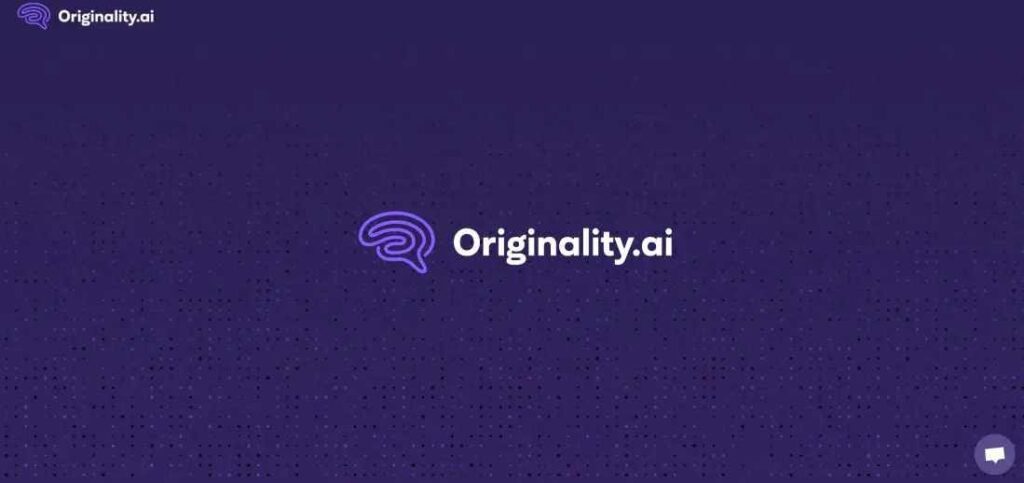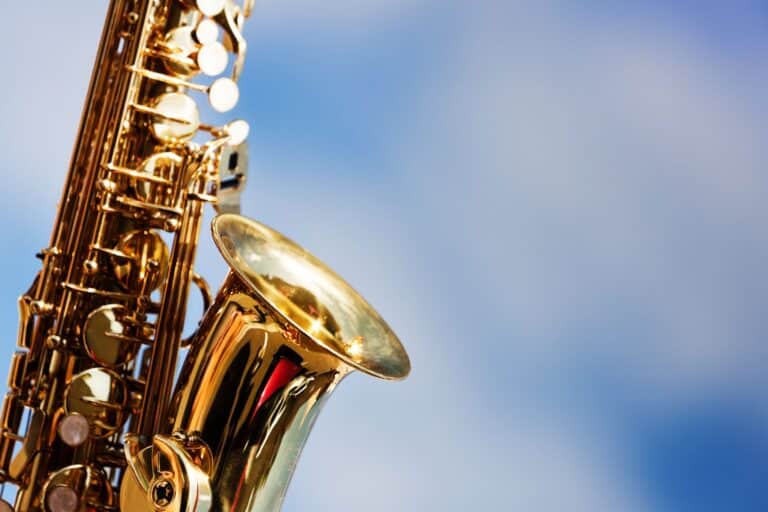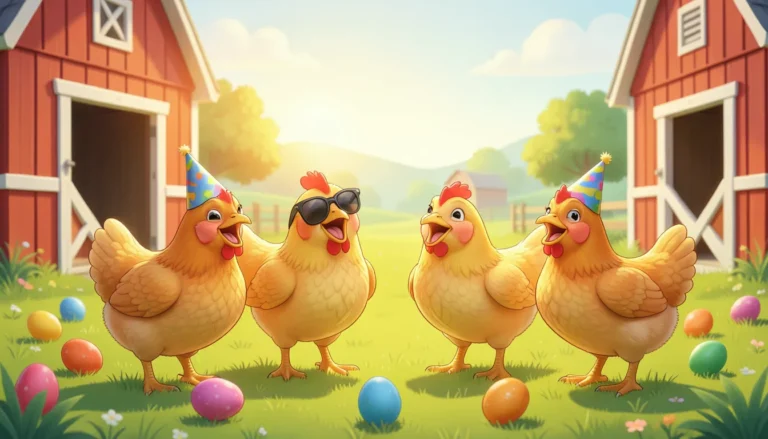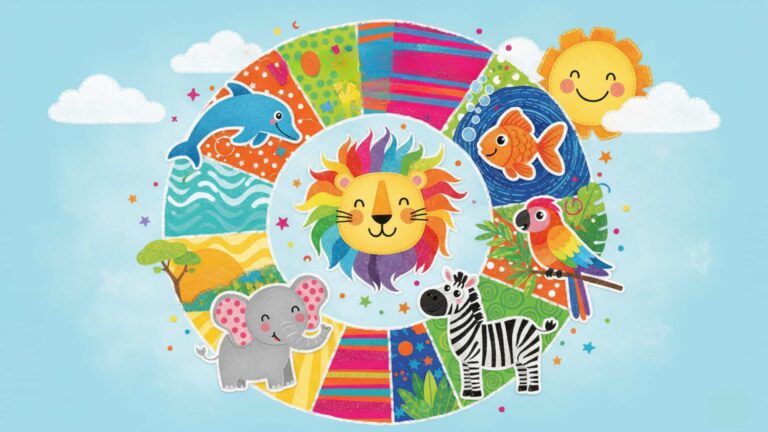Did you know? There’s only one mammal that can fly, the bat! If you love trivia, you’ve probably seen questions like this everywhere online. But with the rise of AI and endless copycat sites, it’s getting tougher to tell if the quiz you’re taking is original, accurate, or just another recycled list whipped up by a robot.
If you’re a trivia night host, a teacher making quizzes, or a parent looking to challenge your kids, you want your questions to be fun, accurate, and above all, original. Unfortunately, the world of online quizzes is changing fast, and not always for the better.
The Rise of AI-Generated Quiz Content
Let’s face it: creating good trivia takes effort. That’s why so many websites now use AI to generate hundreds (or thousands!) of quiz questions at the push of a button. AI tools can churn out content on nearly any topic you can imagine, from science facts to animal names and brain teasers.
While this might sound handy, it also means you’re more likely to run into quizzes that aren’t as unique as they seem. Many questions are reused across dozens of sites, and sometimes the “facts” are, well… a little questionable. In some cases, AI-generated quizzes introduce errors or weirdly phrased questions that simply don’t make sense.
The Problems with Unoriginal or AI-Generated Trivia

Why does this matter? For starters, repeated and poorly checked content takes the fun and surprise out of trivia. If you’ve ever played a trivia game where you recognize every question from somewhere else, you know how dull it can get.
But there’s more at stake than just boredom:
- Inaccuracies: AI sometimes blends facts or pulls in outdated information, making it easy to spread misconceptions.
- Loss of trust: When teachers or parents discover repeated or incorrect questions, it can shake their confidence in online resources.
- Missed learning opportunities: The best trivia teaches us something new, but recycled questions don’t deliver.
Example:
Imagine running a quiz and spotting three almost identical questions about “animals that start with X”, and realizing you’ve seen those same examples before, word for word, on multiple websites.
How to Spot AI-Generated or Duplicated Quiz Questions
You don’t need a superpower to spot unoriginal trivia, but it helps to know what to look for. Here are some clues:
- Repetitive phrasing or structure:
If you see several questions in a row with the same wording or format, it could be AI-generated or copied. - Awkward or unnatural language:
AI sometimes writes in ways that humans don’t (“Which animal is do you knowing to start with X?”). - Too-good-to-be-true facts:
Some questions just seem a little off or outlandish. - Inconsistent difficulty:
AI might mix ultra-basic questions with oddly specific or obscure ones, which doesn’t feel intentional.
Quick “Spot the Fake” Challenge:
Can you tell which of these questions is likely AI-generated?
- What color is a giraffe’s tongue?
- Which animal that starts with “X” can solve math problems?
- Which mammal lays eggs?
(#2 is the red flag, AI sometimes invents bizarre animal “facts.”)
How to Verify Your Trivia Is Original and Accurate
You could Google every question to see if it pops up elsewhere, but who has time for that? Instead, technology can help make this process quick and painless.
- Check for plagiarism:
Use Originality.ai’s Plagiarism Checker to instantly scan your quiz questions and see if they’re duplicated from other sources online. This tool helps you ensure your quiz is fresh, before you publish or share it. - Fact-check with AI:
Wondering if a fact is actually true, or just sounds plausible? Try Originality.ai’s Automated Fact Checker. Paste your trivia questions in and get instant feedback on accuracy, so you don’t accidentally pass along an urban legend or AI “hallucination.” - Manual double-check:
For unique or surprising facts, doing a quick search for supporting sources is always a good backup. Reliable quizzes cite their sources or stick to widely accepted facts.
Keeping Trivia Fun, Fresh, and Trustworthy
Great trivia is about more than just stumping your friends, it’s about learning new things and having fun along the way. By ensuring your quiz content is both original and accurate, you help keep that spirit alive.
Tips for authentic trivia:
- Use an AI content detector to know if the quiz was generated by AI or not
- Write your own questions whenever possible.
- Vary your question types and formats.
- Use trusted fact-checking and plagiarism detection tools to screen for duplicates or errors.
- Mix up your topics to avoid falling into the “listicle trap.”
The Future of Fun Facts
As more content is created by machines, it’s never been more important to protect originality and accuracy, especially in the world of trivia. With just a few simple steps, you can make sure your quizzes are fun, fair, and genuinely informative.
Next time you write or share a quiz, take a second to check your questions. A quick scan with an automated fact-checker or plagiarism checker can make all the difference, helping you keep the magic of trivia alive for everyone.
















